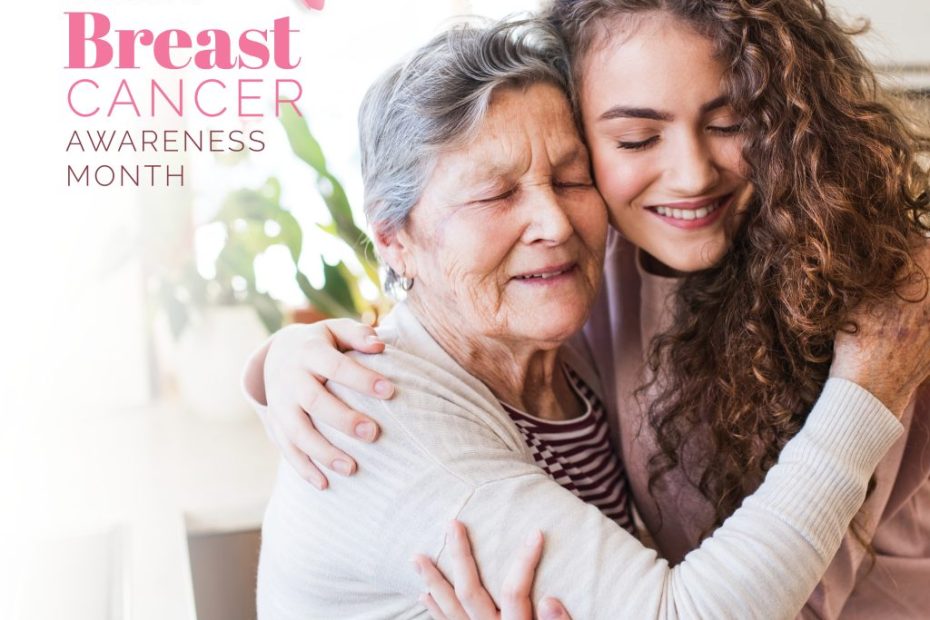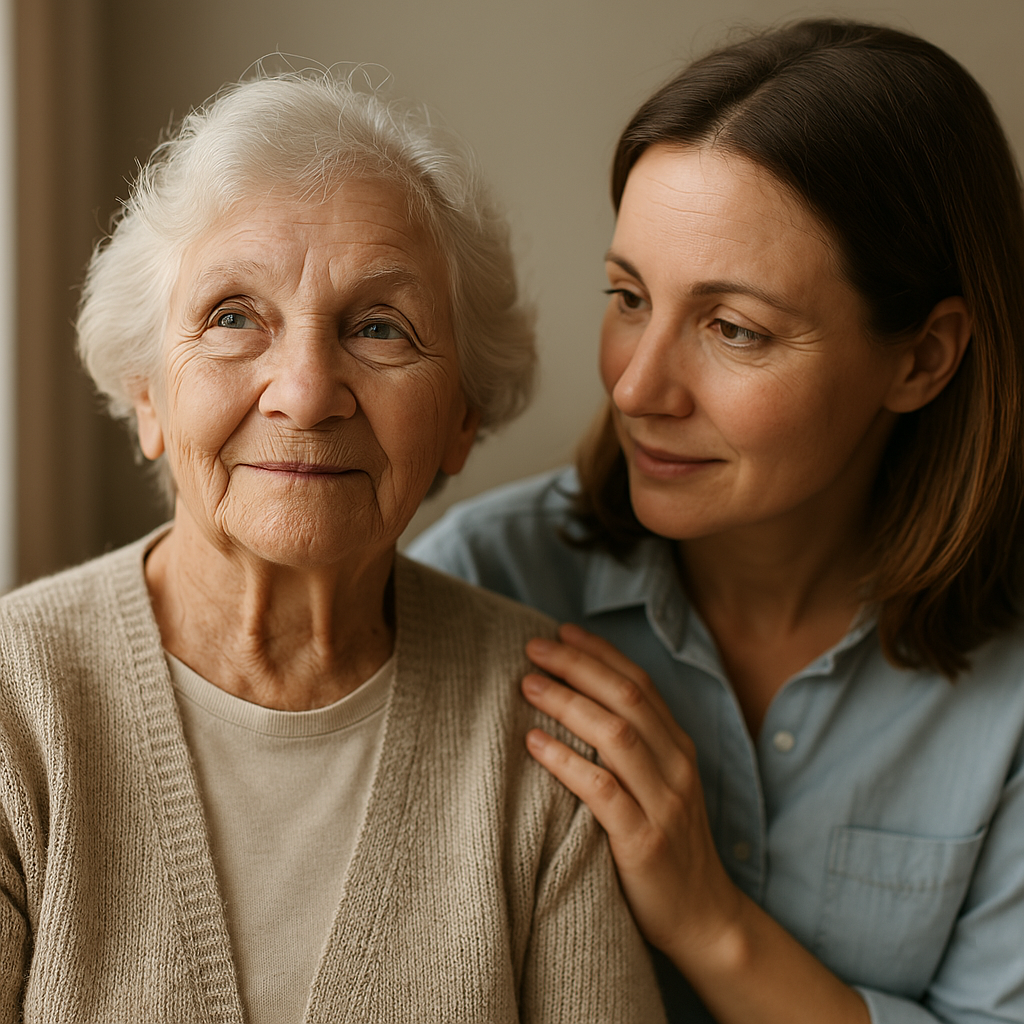Breast cancer stands as a prevalent form of cancer that impacts women globally, making it one of the most widespread malignancies affecting the female population across the world. While it’s impossible to guarantee absolute prevention, there are numerous lifestyle changes and proactive measures that can significantly reduce the risk. In this blog, we will explore a variety of strategies to empower individuals in their journey toward breast cancer prevention.
Maintain a Healthy Diet
A balanced diet plays a crucial role in preventing breast cancer. Prioritize a diverse and colorful array of fruits, vegetables, whole grains, and lean proteins in your diet. Minimize your consumption of processed foods, sugary beverages, and red meat to enhance your overall health and well-being. A diet rich in antioxidants and nutrients strengthens the immune system and helps the body fight off potential cancer cells.
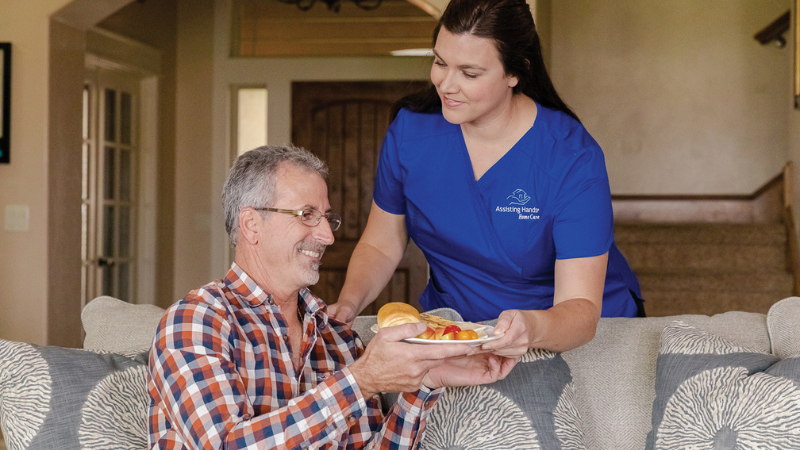
Regular Physical Activity
Engaging in regular physical activity not only maintains a healthy weight but also reduces the risk of breast cancer. Strive for a minimum of 150 minutes of moderate-intensity exercise or 75 minutes of vigorous physical activity each week to maintain optimal fitness levels and promote a healthy lifestyle. Activities like walking, jogging, swimming, or yoga are excellent choices. Exercise boosts the immune system and helps regulate hormone levels, both of which are essential in breast cancer prevention.
Limit Alcohol Consumption and Avoid Smoking
Alcohol consumption is directly linked to an increased risk of breast cancer. If you opt to indulge in alcoholic beverages, do so in moderation. For women, this equates to consuming no more than one drink per day to ensure responsible and mindful alcohol consumption. On the other hand, smoking not only heightens the risk of various cancers but also interferes with the body’s ability to repair damaged DNA. Quitting smoking is one of the best decisions for overall health and cancer prevention.
Breastfeeding
For mothers, breastfeeding offers protective benefits against breast cancer. Breastfeeding can lower estrogen levels and reduce the overall number of menstrual cycles a woman has, which can help in minimizing the risk of breast cancer. If possible, aim to breastfeed your child exclusively for the first six months and continue for as long as you both are comfortable.
Maintain a Healthy Weight
Obesity, especially after menopause, increases the risk of breast cancer. Fat tissue produces estrogen, and having more fat tissue can raise estrogen levels, potentially increasing the risk of developing breast cancer. By maintaining a healthy weight through proper diet and exercise, you can significantly decrease your risk.
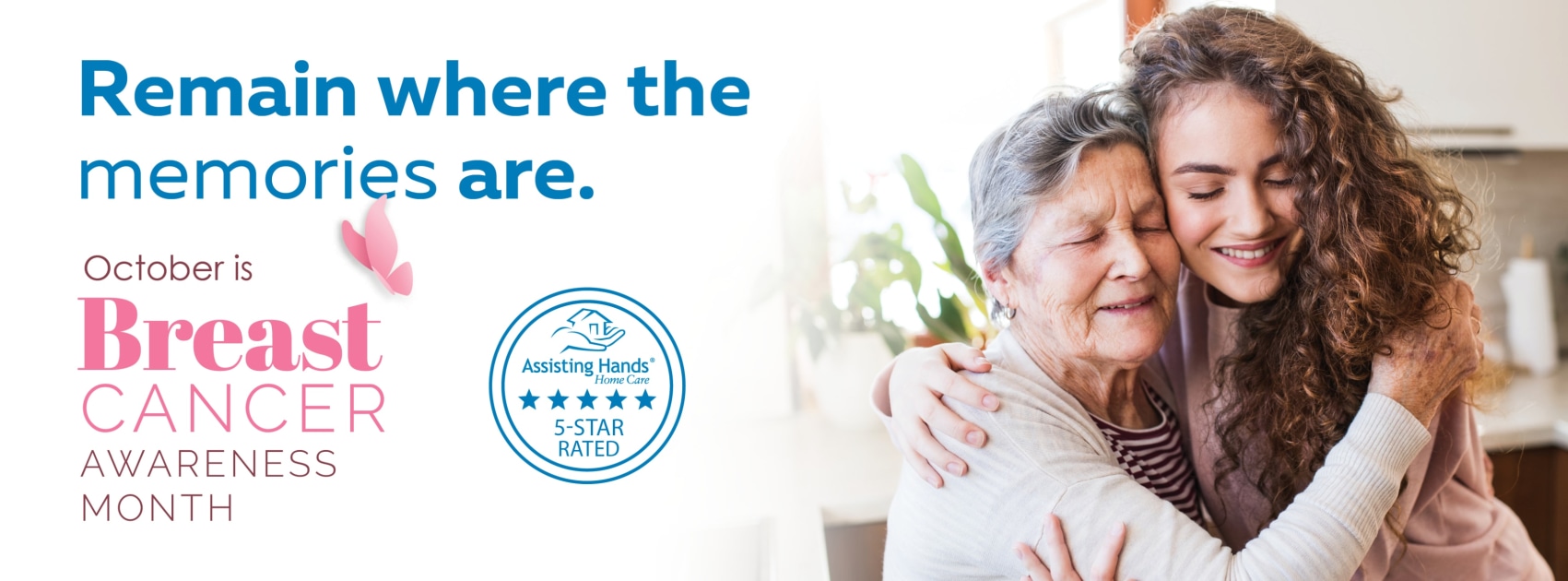
Regular Check-ups and Screenings
Regular self-examinations and clinical breast exams are essential. Familiarize yourself with the normal look and feel of your breasts so that you can notice any changes promptly. Additionally, women aged 40 and older should undergo mammograms regularly. Timely identification plays a pivotal role in enhancing the likelihood of successful treatment. Detecting issues early on can substantially increase the effectiveness of medical interventions and contribute to positive outcomes in treatment.
Manage Stress
Chronic stress can weaken the immune system and disrupt normal bodily functions. While stress itself is not a direct cause of cancer, managing stress through relaxation techniques such as meditation, yoga, or hobbies can contribute to overall well-being. Emotional health is a vital aspect of holistic cancer prevention.
Conclusion
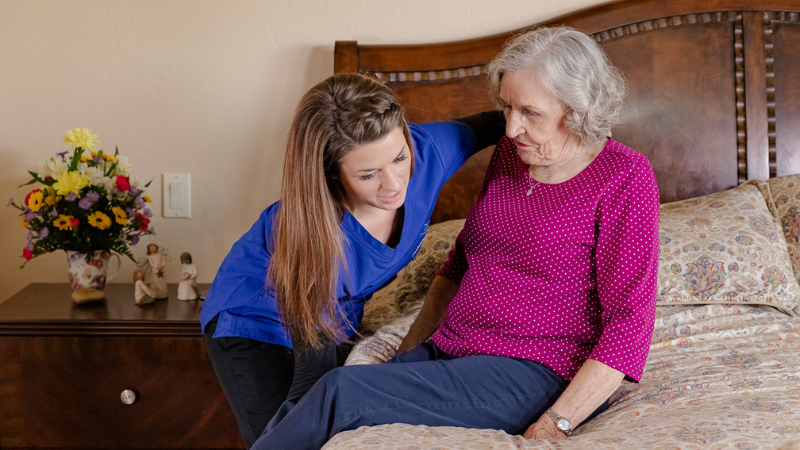
While it’s not possible to completely eliminate the risk of breast cancer, adopting a healthy lifestyle significantly reduces the likelihood of developing the disease. By making informed choices about diet, exercise, and other lifestyle factors, individuals can empower themselves in the fight against breast cancer. Regular screenings and awareness are equally important, ensuring early detection and increasing the chances of successful treatment. Together, these proactive measures pave the way toward a healthier, cancer-free future.
Assisting Hands Home Care provides in-home care services for elderly individuals and adults with disabilities, offering assistance to help them safely live at home. Our team will evaluate your loved one’s care requirements and create a personalized home care plan to ensure they receive proper care.

Abhi Mitra founded Assisting Hands Hudson County after recognizing the significant value of personalized and excellent care through family experience, specifically in caring for his grandmother. His expertise in program management, along with a genuine desire to make a positive difference in people’s lives, motivates him to provide the same level of care that his grandmother received. He obtained an MS degree from Pace University, New York, and a Certificate of Executive Healthcare leadership from Cornell University, Ithaka, NY. Abhi efficiently manages tasks with kindness and intelligence, ensuring everyone feels comfortable and welcome. He excels in problem-solving and puzzles while maintaining smooth operations at the agency and ensuring everyone receives high-quality individualized care. His dedication to his work and compassionate nature greatly improves the quality of life for the seniors under his care, providing them with a comfortable and joyful environment. Abhi ensures the highest possible quality, providing reassurance to everyone. His dedication and caring nature contribute to creating a comfortable and joyful environment for those he assists. He enjoys biking, taking walks, and watching cricket with his family and friends.

